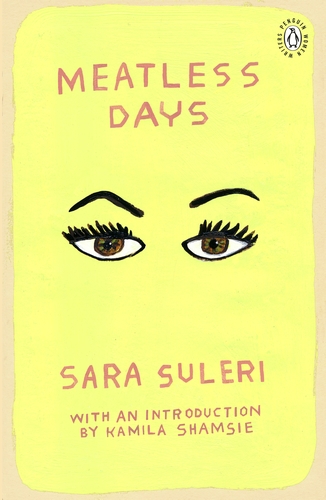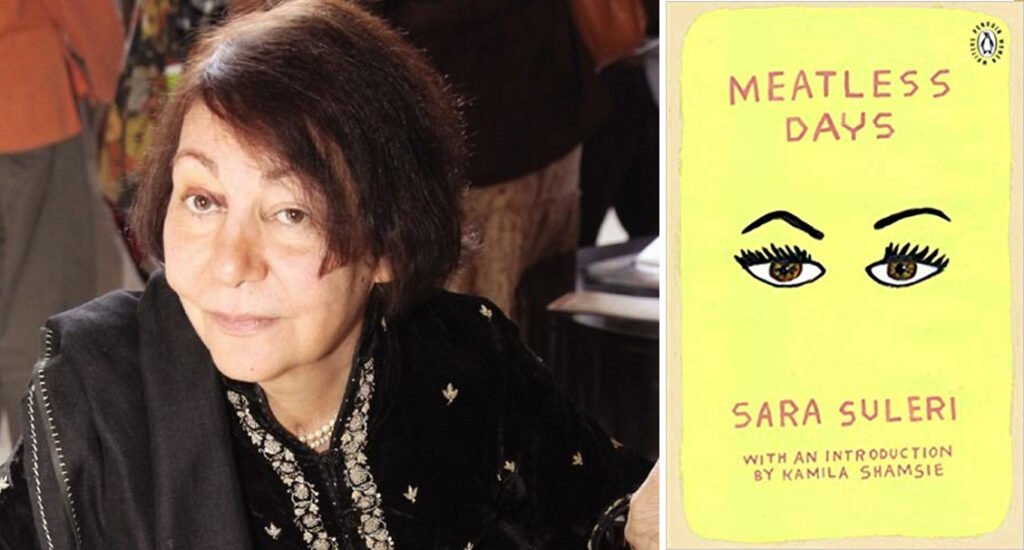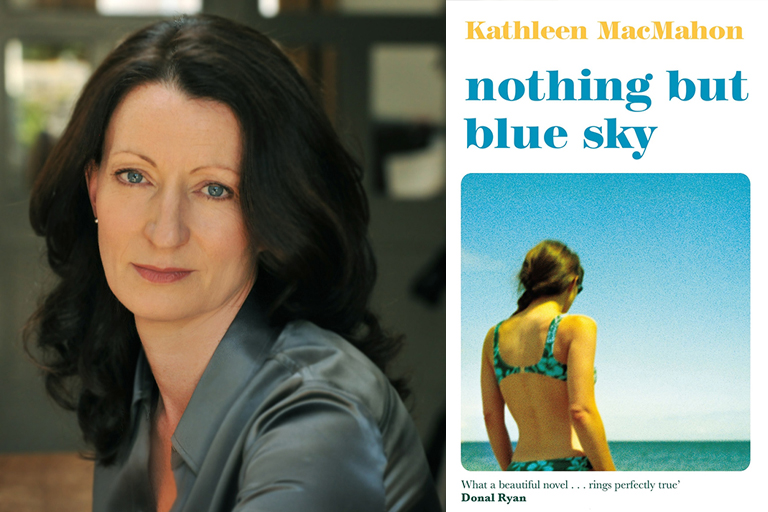We all have our heroes and for this edition of Women Writers Revisited, our 2018 Women’s Prize for Fiction winner, Kamila Shamsie tells us about hers, American author and professor emeritus at Yale University, Sara Suleri whose memoir, Meatless Days has left a lasting impression on Shamsie since she was 16.

Meatless Days was first published in 1989, when I was sixteen years old, and in all the years since I’ve struggled to find ways to adequately explain its singular brilliance to others. What’s it about? friends say when I press them to read it. Well, that’s hard to say exactly. Ok, what kind of book? Fiction or non-fiction? Non-fiction. Is it a memoir? Yes but no but yes. If a memoir, it’s the most self-effacing kind, divided into chapters that are all ultimately about people Sara Suleri has loved. Siblings and parents and friends and lovers – she turns her attention to each one in turn, her observations humorous, affectionate, razor-sharp, often exasperated, sometimes heartbroken. She is a writer who knows that you can’t separate a life from its contexts; as she’s telling us the story of her Welsh mother teaching Jane Austen in Pakistan, or her grandmother, whose most intimate relationships are with God and the Devil, she is also writing about womanhood and nation and history.
In a broad sense, you could say Meatless Days is a book about what people do to our lives by being in them. But if you dig deep down, it’s a book about what people do to our lives by ceasing to be in them. The deaths of Suleri’s mother and sister – both killed in distressingly similar ways, two years apart – form the heart of the book. Her sister’s death in particular gives rise to some of the more heart-shaking writing about love and grief I’ve ever read.
Want to fall in love with more female authors? Read more Women Writers Revisited here.








